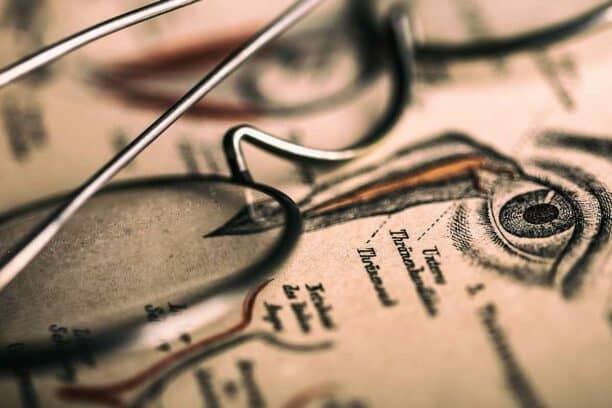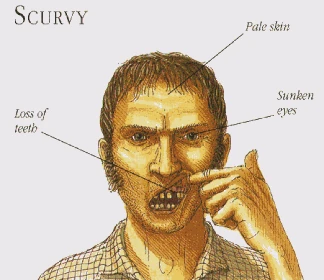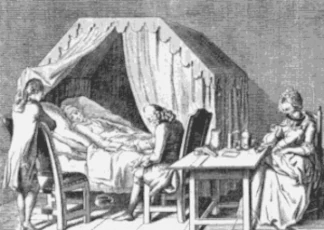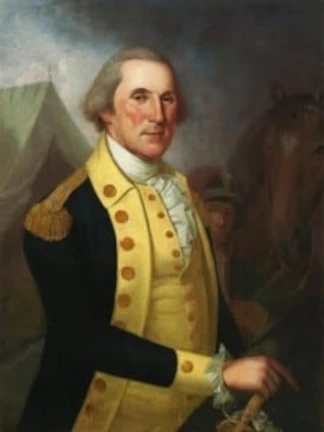Insight on Medicine in History
- National Maritime Historical Society, Peekskill, New York. December 2019
- North American Society for Oceanic History, New Bedford Whaling Museum, May 2019
The story of vitamin C deficiency during the oceanic voyages of the 16th to 19th centuries. The consequences – a disease called “scurvy” – claimed more lives than all of the other dangers of sea-going combined. The first “controlled study” in the medical sciences pin-pointed the nutritional deficit causing scurvy, but it was decades before its correction was widely practiced among mariners.
Published in National Maritime Historical Society’s journal; Sea History, issue 172, Autumn 2020. pp. 32-35.
A look at the understanding of diseases and treatment in 18th century America. The story is encapsulated into the health history of a well-known person of the time.
Our Founding Father overcame – or suffered through recurrences of – small pox, recurring malaria, influenza (then called “the grippe”) dental abscesses, and tuberculosis (pulmonary and probably bone). It is a story that makes his accomplishments all the more remarkable.
Presented to:
- The Washington Association of Morristown, New Jersey, ca. 2015
- Washington Headquarters, Newburgh, New York, ca. 2015
- Published as an article entitled "Colonial Medicine: Treating George Washington" – August 13, 2015.
This book reviews the development of essential concepts of health and disease with reference to water and salt content.
- What was the purpose of early intravenous injections?
- Who first recognized dehydration as a result of disease? What led to this insight that marked the separation of ancient and modern medicine?
- Why did cholera have a key role in the development of fluid and electrolyte therapy?
- How did a test for purity of gasoline used in a fighter plane in World War Two open a post-war understanding of infantile diarrhea?
What changed the approach to treatment of shock? The reader is drawn into the formation of ideas that led to fundamental concept of present-day medicine: that the body heals better when its chemistry is as near normal as possible. The age-old practice led to abandonment of purging and – most prevalent of all – drawing of blood and favor of rational fluid therapy.





